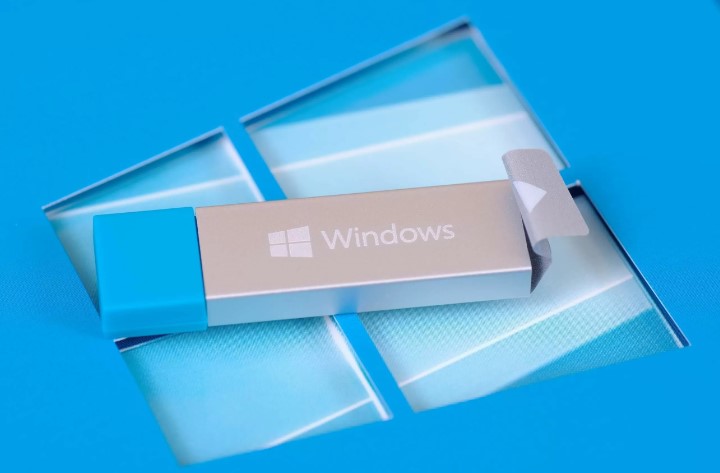Deloitte’s take on quantum computing: Great potential but hard to execute

Analysts say that the technology is not relevant for most companies despite millions of dollars of investment from governments and VCs over the last year.

Image: Shutterstock/Production Perig
Quantum computing is attracting significant investments from governments and venture capitalists, but the technology remains “uneconomic for solving real-world problems,” according to Deloitte analysts. The bottom line is that leaders in most industries “do not need to care about the likely news announcements coming from various quantum computing companies over the next year or two.”
The company predicts that fewer than a dozen companies worldwide will use quantum computing in day-to-day operations in the coming year. Deloitte also thinks that revenue for hardware, software and quantum computing as a service will be less than $500 million in 2022.
The ongoing hurdle for these new machines is that quantum computers can’t do anything that traditional computers can do, according to Deloitte:
“We don’t yet know the ‘magic number’ of quantum volume — a measure of the combined quantity and reliability of the ‘qubits’ that drive a QC’s computing capacity — that will make QCs useful in the real world. …it is unclear if we need a quantum volume of a thousand or a million or a billion to make QCs that can be used for multiple real-world applications.”
IBM recently released a 127-qubit computer and Honeywell’s H1 recently hit a quantum volume of 1,024 qubits. Also, Quantinuum plans a product release this month designed to use quantum computing to improve cybersecurity.
SEE: Quantinuum shifts conversation from counting qubits to perfecting cybersecurity solution
Daniel Newman, principal analyst at Futurum Research, said that the industry is at an inflection point.
“Quantum is becoming both investable and tangible in a way that simply didn’t exist in the past decade of ‘quantum theory,'” he said.
Quantinuum represents the advent of more companies going public and continuing to advance quantum research is reaching a point where we are moving beyond just research and theory, according to Newman.
Deloitte analysts note that quantum computing may be useful in the short term for these use cases:
- Optimization: This work is still in the proof-of-concept phase but Deloitte thinks that there could be logistics and supply chain real-world implementations over the next couple years.
- Chemistry and materials science: Recent innovations in hardware and software could have shortened the timeline for designing new materials for semiconductors, catalysts and healthcare.
- Sensing: The growing market for these sensors was worth $400 million in 2020, according to Deloitte, and the devices could replace existing ones to monitor oil, gas and mineral deposits, construction sites and weather conditions.
- Communications: This hardware-based solution could create secure, tamper-proof communications networks that could spot interception or eavesdropping and is being used now by public and private groups.
SEE: Quantum reality check: Gartner expects more 10 years of hype but CIOs should start finding use cases now
International focus on quantum computing
The Deloitte report notes that there is no shortage of investment in quantum computing with venture capitalists investing $1 billion in the sector over the last year. Also, governments around the world — including Canada, China, Germany, Japan, the Netherlands and the U.S. — have invested almost $5 billion in quantum R&D this year. In November, the U.S. released joint statements about quantum computing with the U.K. and with Australia. The agreements cover collaboration, workforce development and building the global market and supply chain for quantum information science and technology research.
Bob Sorensen, senior vice president of research and chief analyst for quantum computing at Hyperion Research, said these cooperative agreements show that quantum technology has entered a new phase in its development.
“Essentially, policy makers around the world have seriously started to consider the impact the technology can have on both the global commercial landscape as well as on applications critical to national security agendas,” he said. “This is a natural stage in the development for any emerging technology, and we have seen cases like this in technologies such as advanced semiconductors or high performance computers.”
The key issue to watch is the extent to which any individual government’s agenda or multi-national agenda helps or hinders the technology’s natural course of development, Sorensen said.
Start asking quantum questions now
Deloitte recommends that company leaders consider these questions now in preparation for incorporating quantum computing into their tech stack:
- What is the industry impact: How are peers, competitors and ecosystem partners investing in and experimenting with quantum?
- Who should be tracking this: How can we assemble an internal team to track advancements and develop a quantum strategy?
- How can we experiment now: What services can we use now to test hardware and algorithms?







